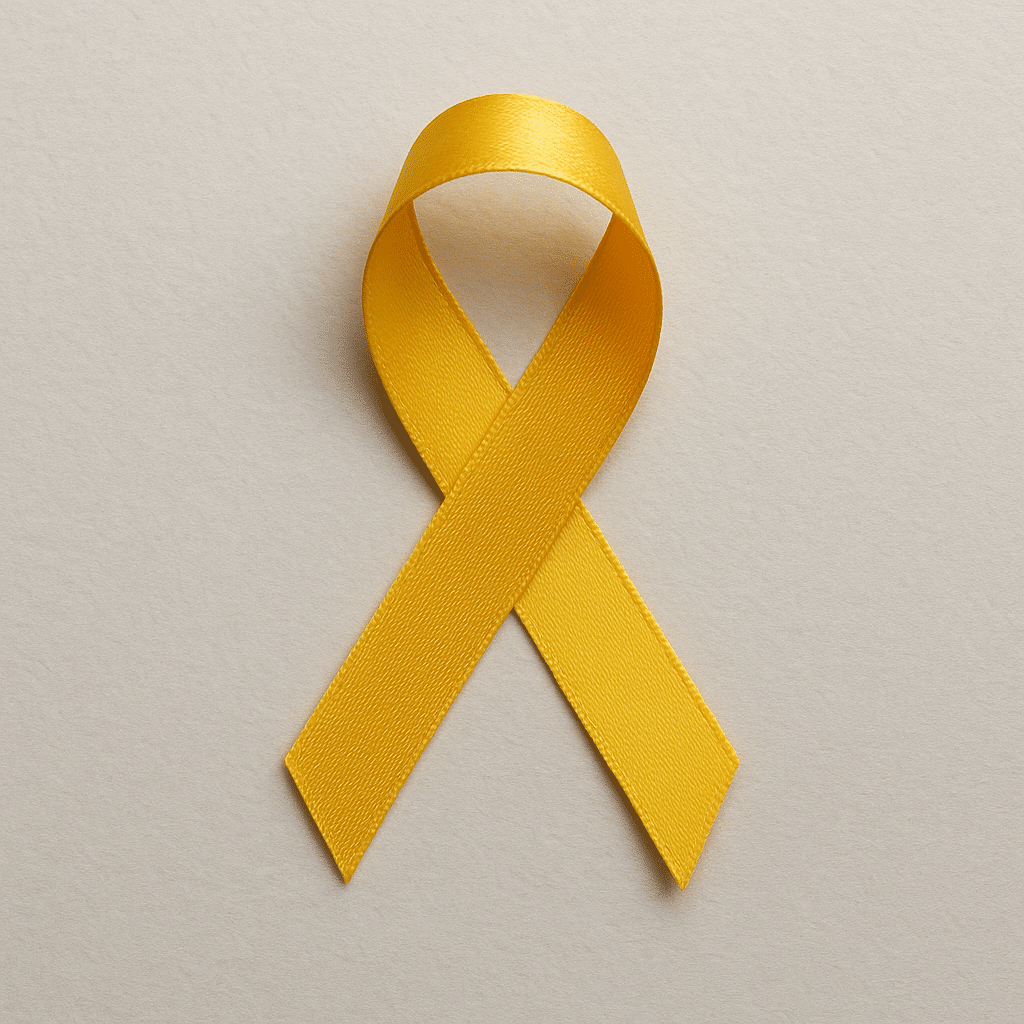
Kom op tegen Kanker (a Belgian charity that raises funds and awanress to fight cancer) together with the Belgian Cardiology League and the Diabetes League, has launched the call “Don’t postpone contact with your doctor” to encourage people to visit their family doctor. After all, during this COVID crisis, a lot of people have postponed their care even though they have troubling symptoms. This is alarming, notes GP Peter van Breusegem. He therefore urges everyone – especially chronic patients and people with mental health problems – to pay their family doctor a visit.
Peter, do you think it’s a good initiative to urge people to go to the family doctor?
“Yes, very much so. We have a lot of catching up to do in health care. Normal practice is resuming and it’s important that we pay attention again to chronic patients with for example diabetes and people with high blood pressure and to people with mental health problems such as depression, anxiety disorders, etc. In fact, because of the long isolation, those diseases are getting free rein. So I would particularly urge this last group to talk about their problems and fears with their family doctor.
In addition, many people have lost someone due to the coronavirus. They often have not been able to say goodbye to their loved one, have not been able to organize a funeral, etc. As a result, they now have an extra difficult time dealing with their loss.”
As a family physician, how do you deal with those people who have suffered such a loss?
“First and foremost, as a family physician, you need to have a listening attitude. You have to make those people feel that they are allowed to talk about it, that they don’t have to be ashamed. Grief is a form of post-traumatic stress where people often feel guilty. They are left with feelings that they should have done even more for the deceased. In the context of covid, that feeling is even stronger and many people feel inadequate and are left with feelings of powerlessness and anger.
Then I take an inventory of the positives and negatives and if that person has a good overview, then nothing is wrong and then time can heal the wound. In fact, grief is a natural and normal process. The more you like someone, the harder it is. If that person no longer has the overview, then we have to intervene.”
Do you then forward those people?
“Now, first I look at what that person can do themselves. Then I look at what I can do, and if we can’t figure it out, we check for some form of specialized care. Because I have to avoid sending all those people on en masse, because mental health care is not prepared for that. We only do that with those people who need it the most. The accessibility of mental health care in Flanders is pitiful: either there are long waiting lists or the care is unaffordable. We as a society should make a greater effort in this regard.”
What do you mean?
“Now, I think because of the corona crisis, there has already been a change in mentality. People today realize more than ever the importance of good health care. I see that on my street as well. Every day all the residents come down the street to applaud the health care providers. That’s enormously gratifying.”
Do you now fear an epidemic of mental problems due to the coronavirus?
“Yes, I do foresee that there will be some tidying up of things that have escaped attention or have not received the proper response. We are slowly waking up from our ‘Sleeping Beauty’ sleep and now we have to go back to looking at other pressing issues on the agenda.”
Do you think the Belgian government has fallen short?
“Now, in retrospect, it is easy to criticize. We as a country set priorities and implemented policies based on the opinions of virologists and other experts. One mistake we may have made is that all the attention went to hospitals and intensive care and we didn’t pay enough attention to residential care centers, general practitioners, chronic patients and the like. But I don’t think we should blame the government for that. We were in a crisis and we did what we could. Now, however, the time has come to look at the consequences: people who have become isolated, who have not received the necessary care and so on. My mother, for example, is a very neat lady and she went weeks without cleaning help. That may sound ridiculous, but for her it is hugely important. Also for social contact.”
Will you now proactively invite your patients to the practice?
“No, I don’t have that luxury. I am already overstretched as a general practitioner, so I have my hands more than full. What I am trying to do is to set aside enough time for those people. ”
Should other GPs do that, and invite patients?
“Yes, those who still have room should definitely do so. Especially with chronic patients and with those who have become isolated.”
Learn more:
Campaign ‘Stel contact met je arts niet uit’ (‘Don’t put off contacting your doctor): https://www.vlaamse-ouderenraad.be/actualiteit/welzijn-zorg/campagne-stel-contact-met-je-arts-niet-uit
Written by Karolien Selhorst.
Latest contributions
Médecin EOL – Pratique
Décider de votre fin de vie : où faut-il commencer ? Demandez-vous ce qui est important pour vous ; il s’agit de votre choix personnel Il […]
Is the use of ADHD medication helpful and safe in children?
Is the use of ADHD medication helpful and safe in children? Reading time: 4 minutes. This article contains general information and does not replace […]
More burnout and mental suffering, but who is listening?
In a previous article, I already addressed the marked increase in burnout and mental health problems. I have also seen this evolution in my own […]
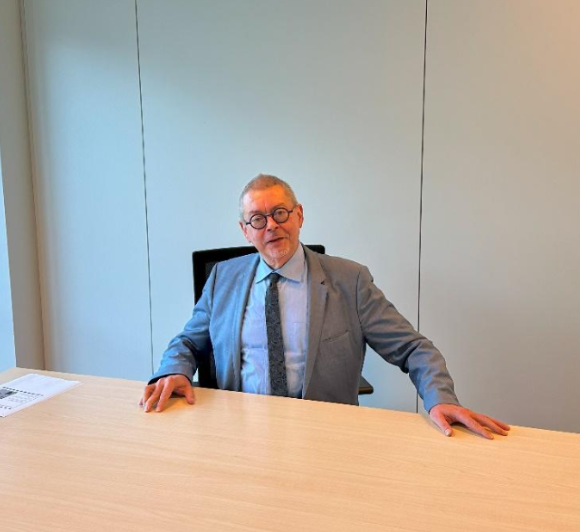
Alle auteurs
- Olivier Lichtenberg
- ADHD
- Advice from the doctor
- African poetry
- AIDS activism and gay emancipation
- Bibliography of Chris
- Bibliography of Olivier
- Biography of Chris
- Biography of Olivier
- Biography of Patrick
- Blogs
- Chris' Stage
- Columns
- Covid
- Dirk van Babylon Newsletter
- Double calling
- Essays
- Fragile light
- Hanna's Mind Wanderings
- Incapacity for work
- Late Pasquino's
- LEIF doctor
- Liechtensteiner
- Medical newsletter
- Memoirs of a general practitioner
- Miguel Molinos
- Moctines
- Musings
- Myriad
- Practice in Erembodegem
- Resignation
- Sleep problems
- Sonnets
- Sprawl Month
- Substance abuse and addiction
- Travel
- Vi to
- Vögels
- Voluntary euthanasia
- Weltschmerz
- Wormwood or The dose makes the poison
- Patrick Bernauw
- ADHD
- Advice from the doctor
- African poetry
- AIDS activism and gay emancipation
- Bibliography of Chris
- Bibliography of Olivier
- Biography of Chris
- Biography of Olivier
- Biography of Patrick
- Blogs
- Chris' Stage
- Columns
- Covid
- Dirk van Babylon Newsletter
- Double calling
- Essays
- Fragile light
- Hanna's Mind Wanderings
- Incapacity for work
- Late Pasquino's
- LEIF doctor
- Liechtensteiner
- Medical newsletter
- Memoirs of a general practitioner
- Miguel Molinos
- Moctines
- Musings
- Myriad
- Practice in Erembodegem
- Resignation
- Sleep problems
- Sonnets
- Sprawl Month
- Substance abuse and addiction
- Travel
- Vi to
- Vögels
- Voluntary euthanasia
- Weltschmerz
- Wormwood or The dose makes the poison
Over de auteur
Other works by our writers
- February 2026 (1)
- December 2025 (1)
- November 2025 (1)
- October 2025 (2)
- August 2025 (2)
- July 2025 (2)
- March 2025 (3)
- December 2024 (10)
- November 2024 (6)
- October 2024 (3)
- February 2021 (3)
- January 2021 (5)
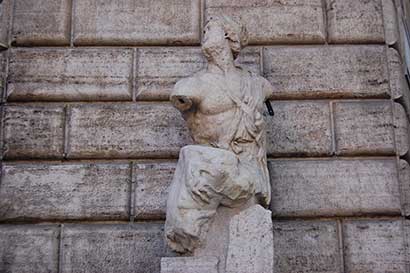
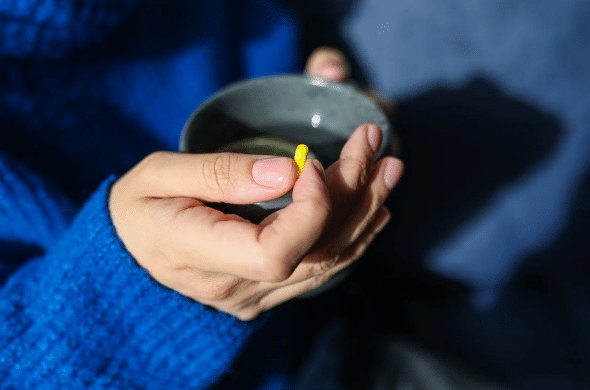
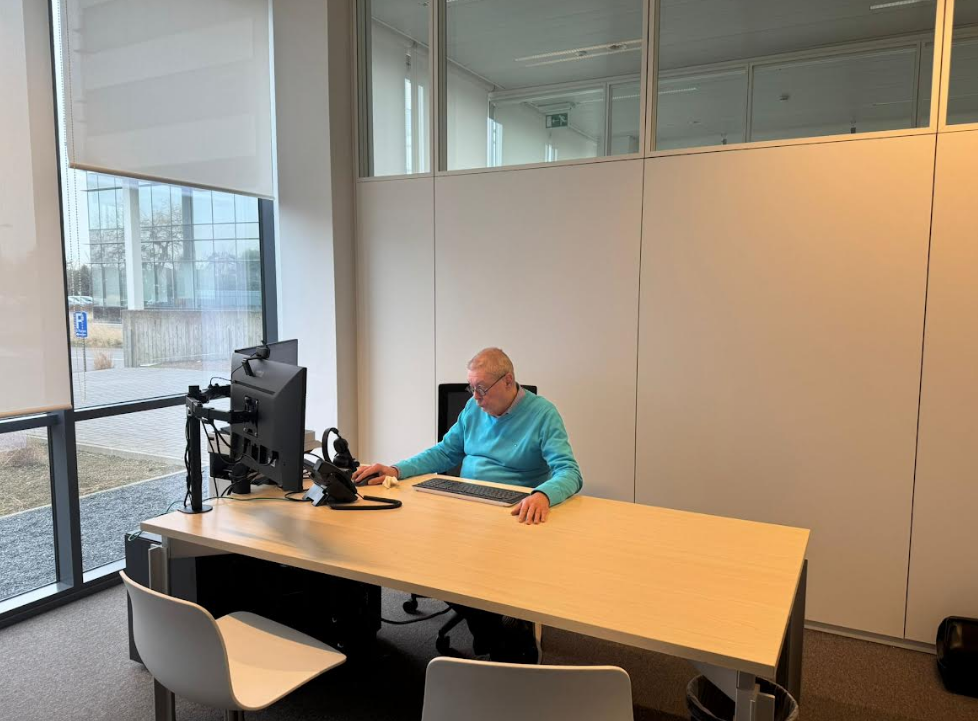
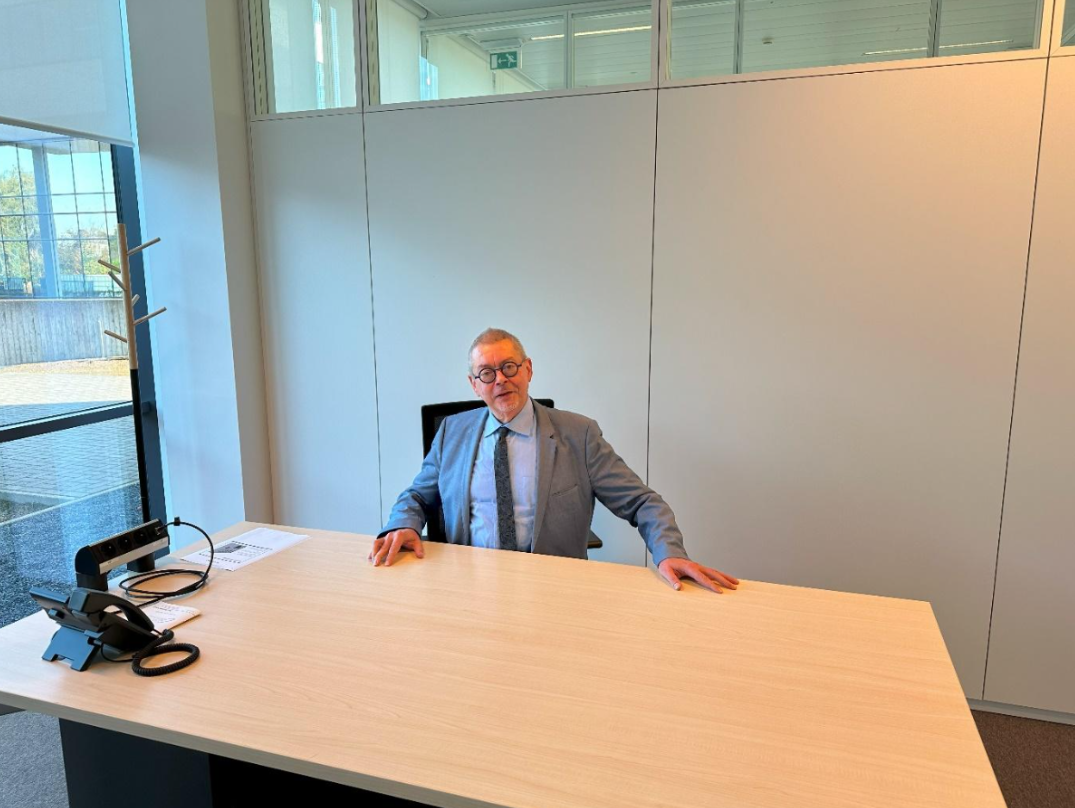
No comments have been posted yet!